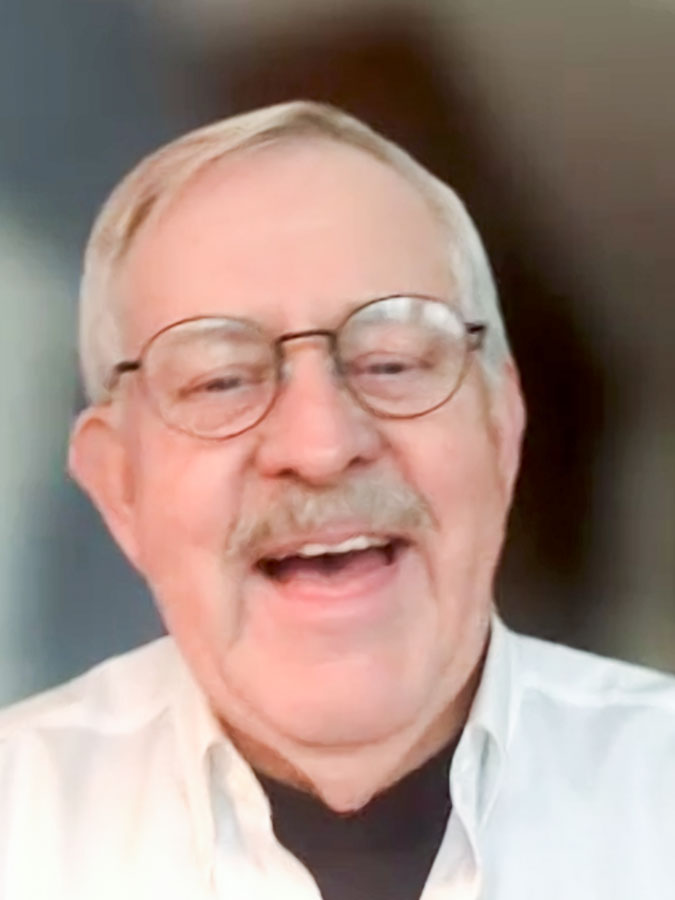
President Susan brought the Rotary Bell to her home, and it was a great start to the meeting to hear that special ring.
Tom Strode led us in God Bless America—always nice to hear.
Barbara Eichmuller inspired us with many, many sayings from Andy Rooney which he closed his segment of 60 minutes with for several years.
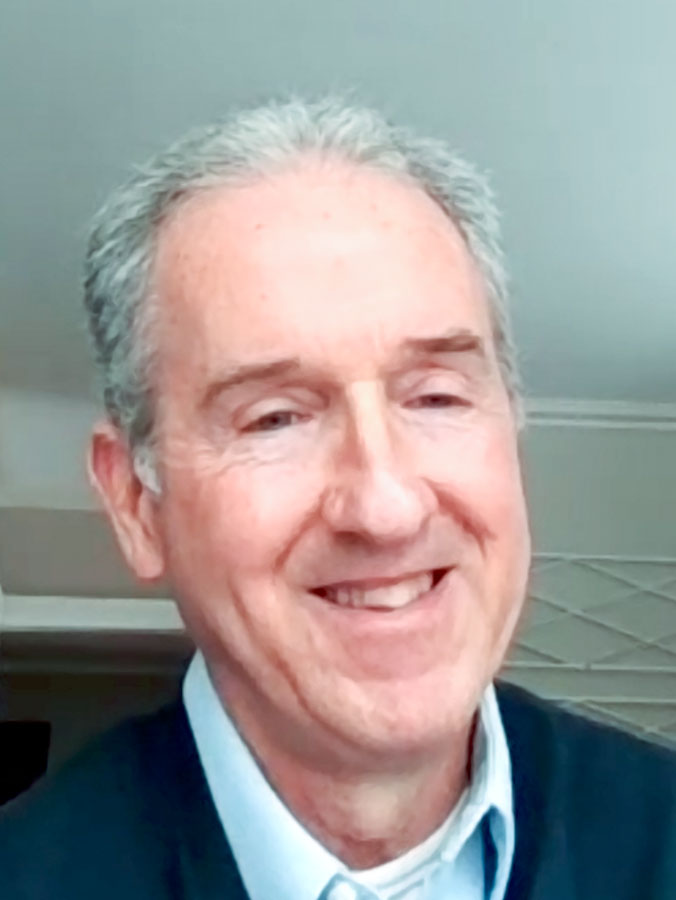
Don Duequette introduced music inspired by Fanfan Zheng in acknowledgement of the Chinese New Year with a video of a dragon parade providing the visuals.
Susan welcomed four new members and an interested guest. She also acknowledged the several people who were making the meeting possible with their technical expertise. Birthdays were announced including Millie Danielson’s upcoming 99th birthday.
Ed Wier gave a lovely set of recollections about Al Storey in recognition of his passing this past week—his story telling, his mentorship, his love of golf and his dedication to sports generally. You can read Al’s Emeritus Presentation from 2015 here.
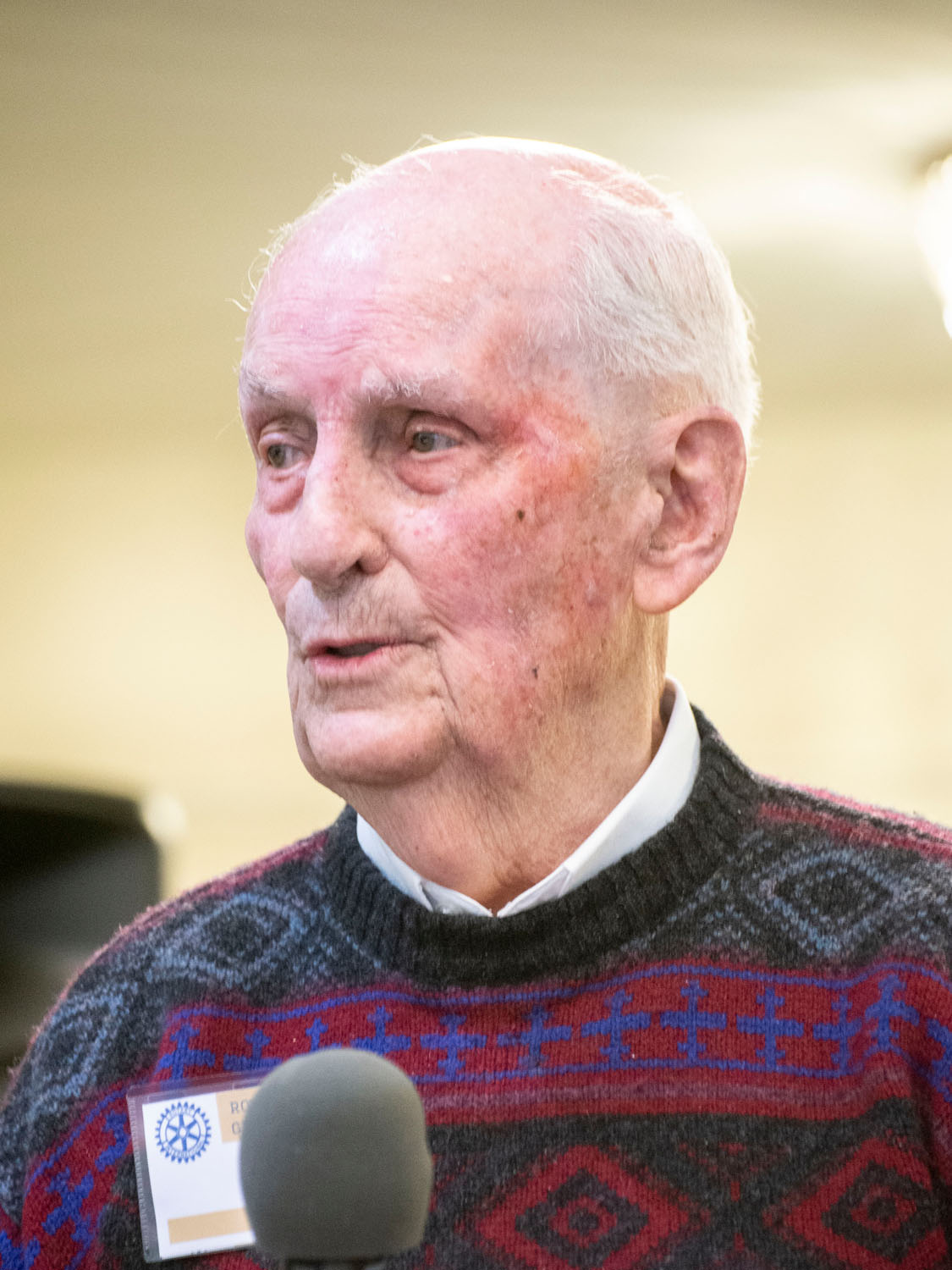
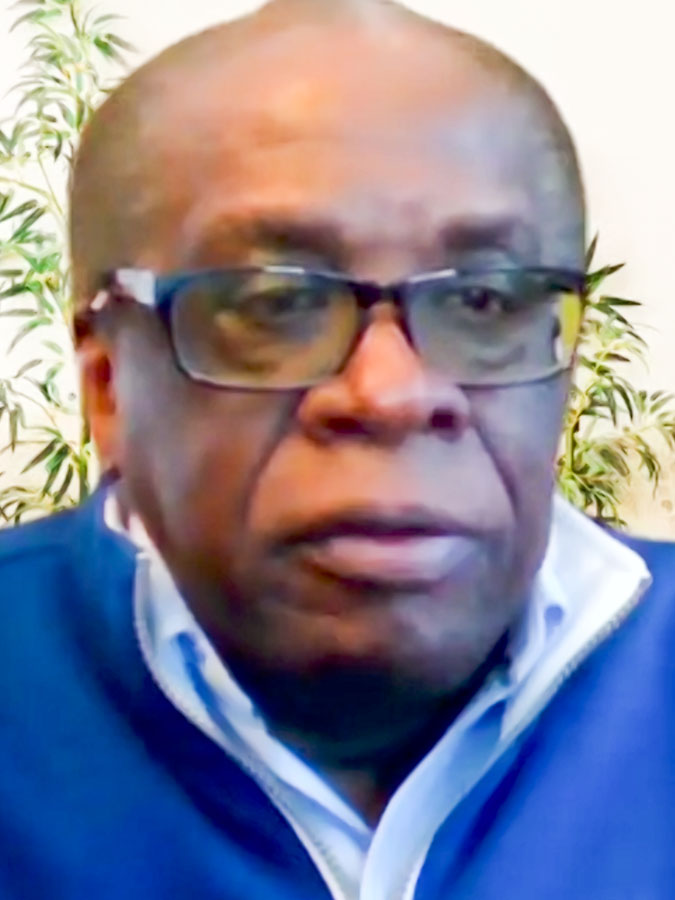
Arthur Williams provided an excellent program on the role of blacks in the military, World War I in particular about the Harlem Hellfighters. He then told a story about the bravery of a mess assistant, Doris Miller at Pearl Harbor. He rescued an officer then grab a gun and downed to planes. He later has a hospital and a shipped named after him. Arthur summarized his presentation saying that as a history major in college, he never heard these stories. This is something that needs to be rectified. So many that contributed so much have gone unrecognized.
Dennis Powers introduced our speaker, Michael McElroy, Chair and Professor of Musical Theater at the University of Michigan presented a Conversation about Diversity, Equity, and Inclusion on the Broadway Stage. He views the arts as being in service to communities. He was a dynamic and thoughtful speaker. He grew up in Ohio with a family led church in the inner city and living in Shaker Heights, Ohio. As an actor he made his debut in Miss Saigon. He created the new theater program at NYU and was director of the diversity programs at NYU for four years. It took the musical theater department at UM to draw him from his 30 life in NYC. Michael encouraged the club to have “parking lot” conversation—the type of conversation you have after you leave a meeting, heading out and talking to someone else. Questions from members provided the basis of his presentation.
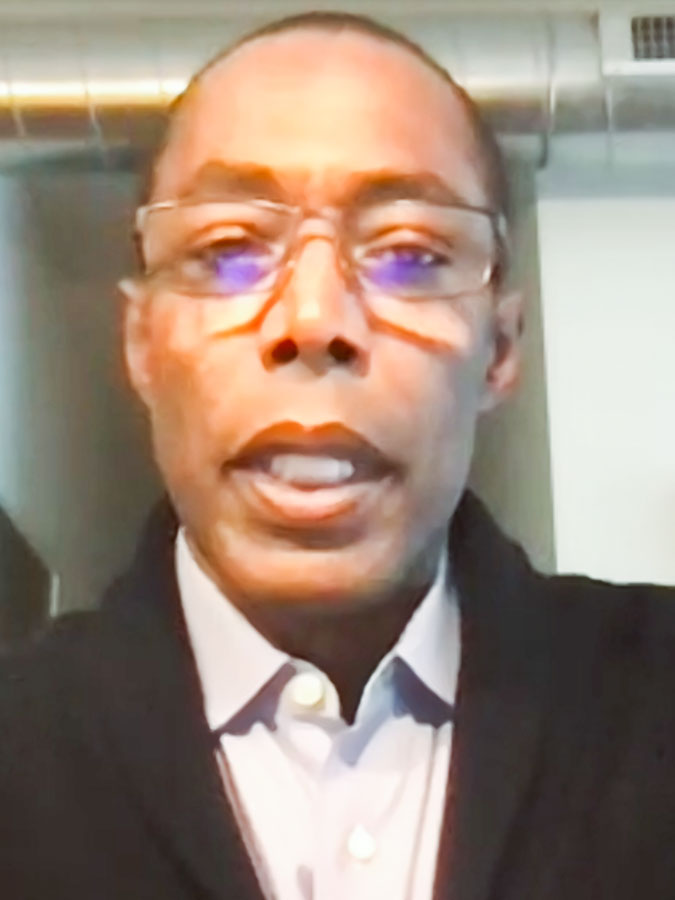
He also commented on the fact that as he worked in his field he sensed that Michigan people were everywhere in the theater. The faculty and guest artist program makes it a terrific program for students
Curtain initiative in orchestras helped eliminate the bias in auditions. Using this process, there was a huge increase in gender and racial diversity because people could rely only on the music.
Talking about how to diversify the theater, he said that understanding and creating a pipeline for young people to become assistants in productions and gain skills and recognition for their work. As a result they are moving up in the industry.
Does the UM program have relations with local theaters? The office of outreach to theater and other organizations that helps students understand what they are in service to.
A question was asked about how the school balances classical musical theater and commissioning new works. How can you stay true to the story and yet update it. An example is the production of Fiddler on the Roof, and students had questions. So to step into another culture and do I have the right to step into this story. Discussing fears and concerns of social media etc. and what would that means for you as an actor. To address this he brought rabbis into a discussion with students and had faculty from Rabbinical studies talk with students as well.
Another topic — How to increase diversity is in part to shift the decision makers and advisors. He uses his connections to bring in actors who are doing the work in theater, in conversation with students and others to help understand the issues. He has started one group, students in solidarity, who are white, to be an ally with people of color. This makes the discussion among students, with students.
What makes UM such a strong program? UM students are more collaborative rather than competitive. Small classes help. Also, a freshman is buddied with an upper class person, and that helps create bonds that can last long after graduation.
Notes by Marsha Chamberlin
Photographs by Fred Beutler








